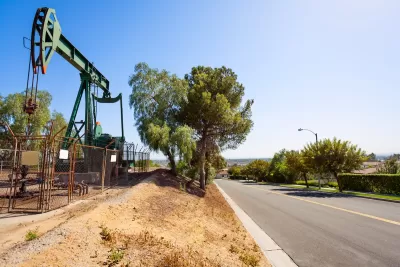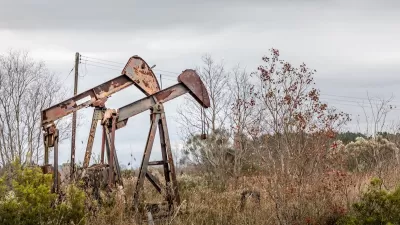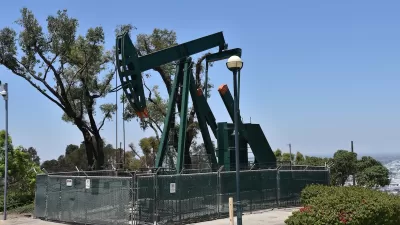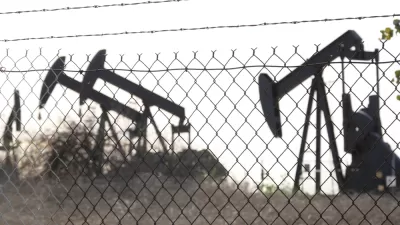Legislators are considering extending the deadline for new oil well safety regulations by up to 54 months, sparking controversy over whether the delay benefits the oil industry at the expense of public health.

The California Legislature is deliberating a proposal by the Newsom administration to delay by up to 54 months the implementation of new safety regulations for oil wells near residential areas and schools. Initially set to be enforced by January 2027, the amendments would push this deadline to July 2031. Enacted in 2022, the law mandates that oil companies monitor for leaks and manage environmental impacts around existing wells, aiming to protect communities, particularly those in low-income and minority areas.
As reported by Julie Cart, this proposed extension has faced criticism from legislators and public health advocates who argue that it benefits the oil industry at the expense of public safety. They highlight the health risks associated with oil operations, including respiratory issues and other serious conditions, particularly for those living near wells. The delay would extend the timeline for critical safety measures, such as leak detection, which could further endanger communities already exposed to harmful pollutants.
The delay proposal follows a campaign by the oil industry to challenge the original law, which included a costly ballot measure that was later withdrawn. Advocates and some legislators argue that the additional time requested by state agencies for implementation reflects an effort to accommodate industry needs rather than addressing the urgent health concerns of affected residents. The debate continues as the legislative session nears its end, with ongoing discussions about balancing industry regulations and public health protections.
FULL STORY: California legislators debate giving oil companies until 2031 to monitor wells for leaks

Study: Maui’s Plan to Convert Vacation Rentals to Long-Term Housing Could Cause Nearly $1 Billion Economic Loss
The plan would reduce visitor accommodation by 25,% resulting in 1,900 jobs lost.

North Texas Transit Leaders Tout Benefits of TOD for Growing Region
At a summit focused on transit-oriented development, policymakers discussed how North Texas’ expanded light rail system can serve as a tool for economic growth.

Using Old Oil and Gas Wells for Green Energy Storage
Penn State researchers have found that repurposing abandoned oil and gas wells for geothermal-assisted compressed-air energy storage can boost efficiency, reduce environmental risks, and support clean energy and job transitions.

Private Donations Propel Early Restoration of Palisades Playground
Los Angeles has secured over $1.3 million in private funding to restore the Pacific Palisades playground months ahead of schedule, creating a modern, accessible space that supports community healing after recent wildfires.

From Blight to Benefit: Early Results From California’s Equitable Cleanup Program
The Equitable Community Revitalization Grant (ECRG) program is reshaping brownfield redevelopment by prioritizing projects in low-income and environmental justice communities, emphasizing equity, transparency, and community benefits.

Planting Relief: Tackling Las Vegas Heat One Tree at a Time
Nevada Plants, a Las Vegas-based nonprofit, is combating the city’s extreme urban heat by giving away trees to residents in underserved neighborhoods, promoting shade, sustainability, and community health.
Urban Design for Planners 1: Software Tools
This six-course series explores essential urban design concepts using open source software and equips planners with the tools they need to participate fully in the urban design process.
Planning for Universal Design
Learn the tools for implementing Universal Design in planning regulations.
Ascent Environmental
Borough of Carlisle
Institute for Housing and Urban Development Studies (IHS)
City of Grandview
Harvard GSD Executive Education
Toledo-Lucas County Plan Commissions
Salt Lake City
NYU Wagner Graduate School of Public Service





























